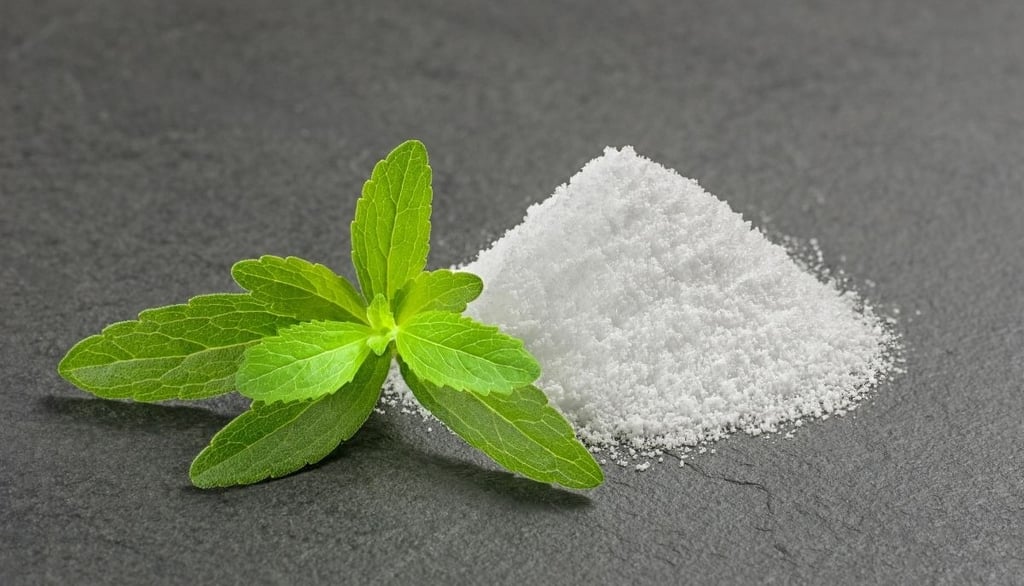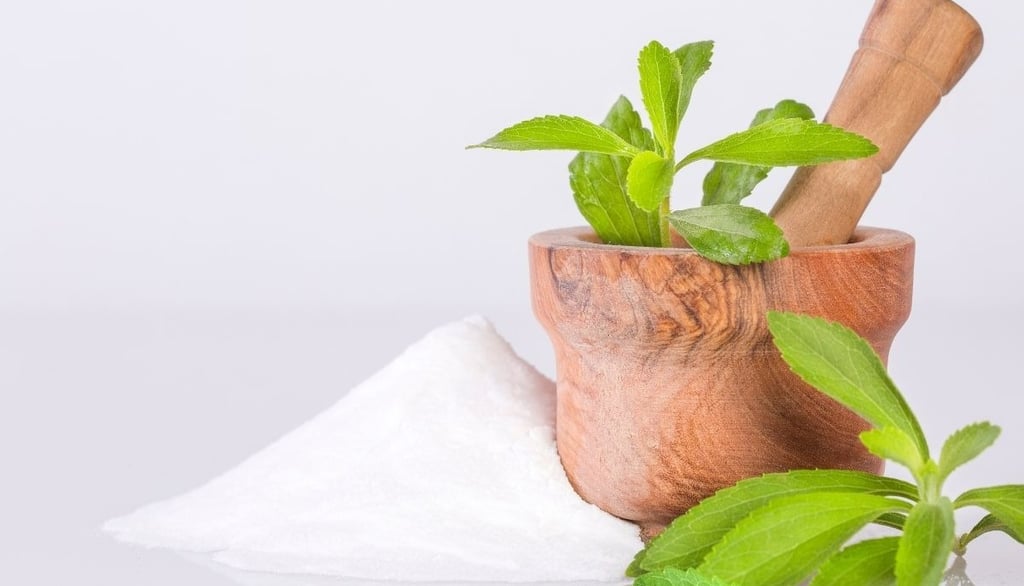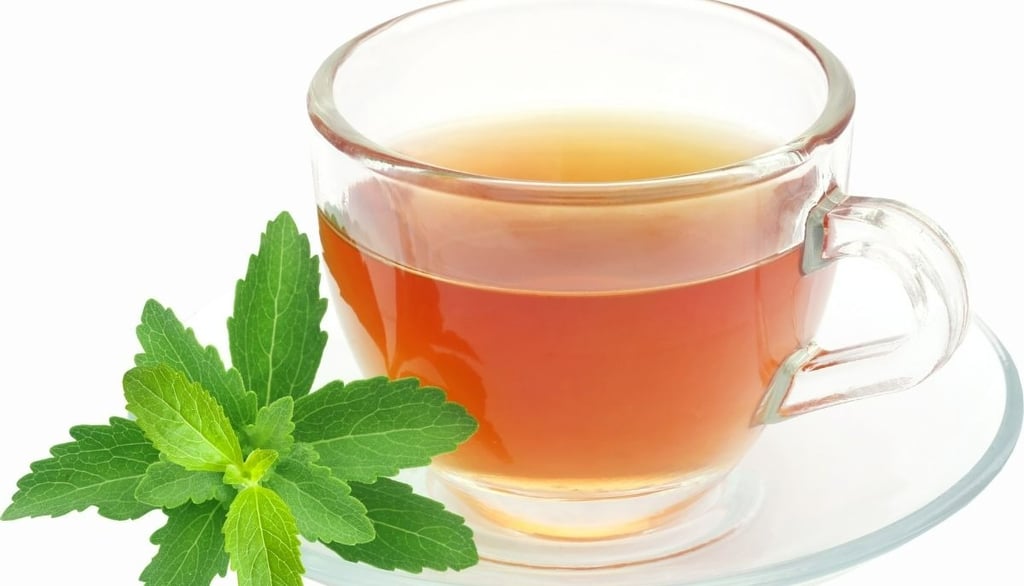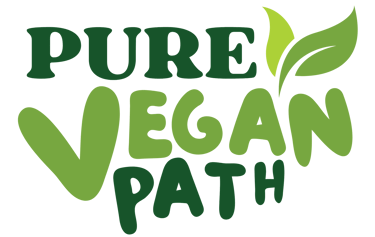Is Stevia Natural and Healthy?
Is stevia truly natural and healthy? Explore its origins, health benefits, and potential risks to see if this popular sweetener is right for you.
12/6/20243 min read


Stevia, derived from the leaves of the Stevia rebaudiana plant, has gained immense popularity as a natural sweetener. With increasing concerns about sugar’s impact on health, many individuals and industries have turned to stevia as a zero-calorie alternative. But is stevia genuinely natural and healthy? Let’s delve into its origins, benefits, and potential risks to find out.
The Origins of Stevia: A Natural Sweetener
Stevia has been used for centuries by indigenous peoples of South America, particularly in Paraguay and Brazil, for its sweetening and medicinal properties. The plant contains steviol glycosides, responsible for its intense sweetness—up to 300 times sweeter than sugar.
Modern stevia products are typically processed extracts, often combining steviol glycosides with other ingredients. While pure stevia extracts are considered natural, some commercial stevia products include additives, which may affect their "natural" status.
Health Benefits of Stevia
1. Zero Calories and Weight Management
Stevia offers sweetness without calories, making it an excellent option for weight management. Studies suggest that replacing sugar with stevia can help reduce overall calorie intake, supporting weight loss goals when combined with a balanced diet and exercise.
2. Blood Sugar Regulation
Stevia does not raise blood sugar levels, making it a safe sweetener for people with diabetes. Research indicates that stevia may improve insulin sensitivity and even stimulate insulin production.
3. Supports Cardiovascular Health
Some studies have found that stevia can lower blood pressure in individuals with hypertension. Its vasodilatory effects may help improve overall cardiovascular health, though results are not conclusive across all studies.
4. Antioxidant Properties
Stevia contains antioxidants that combat oxidative stress, potentially reducing the risk of chronic diseases like diabetes and cardiovascular issues. This antioxidant activity contributes to its health-promoting profile.
5. Oral Health Benefits
Unlike sugar, stevia does not promote tooth decay. Its antibacterial properties may even inhibit the growth of harmful bacteria in the mouth, supporting oral hygiene
Read more: Vegan Story: David Montgomery and the Carrot


Potential Risks and Concerns
1. Allergic Reactions
Stevia is part of the Asteraceae family, which includes ragweed and daisies. Individuals allergic to these plants may be sensitive to stevia.
2. Overconsumption Risks
The World Health Organization recommends a daily intake of up to 4 mg per kilogram of body weight for steviol glycosides. Exceeding this limit may have unintended effects, though long-term research is ongoing.
3. Processing and Purity
While stevia leaves are natural, many commercial products include processed forms mixed with artificial sweeteners or fillers. This reduces the natural aspect of these products and may introduce potential side effects.
Read more: Lyme: How the Vegan Diet Can Help You Get Over This Disease More Easily


Is Stevia Truly Healthy?
Stevia is generally recognized as safe (GRAS) by regulatory authorities like the FDA and EFSA. It is a healthier alternative to sugar for reducing calorie intake and managing blood sugar levels. However, its healthfulness depends on the product's purity and how it fits into an overall balanced diet.
Natural Stevia Options
For those seeking the most natural experience, opt for whole stevia leaves or minimally processed extracts. These retain more of the plant’s original properties and avoid unnecessary additives.
Conclusion: A Balanced Perspective
Stevia can be a beneficial addition to a healthy lifestyle when used in moderation. Its zero-calorie nature, blood sugar regulation, and antioxidant properties make it an attractive alternative to sugar. However, consumers should choose products wisely, prioritizing purity and quality to ensure they reap their health benefits without unnecessary risks.
Pure Vegan Path
Explore plant-based living and delicious recipes.
Contact
Newsletter
info@pureveganpath.com
123-456-7890
© 2024. All rights reserved.
